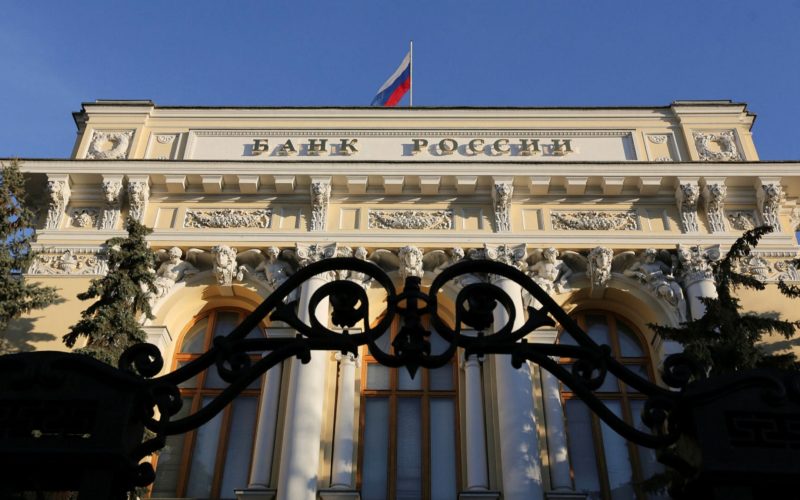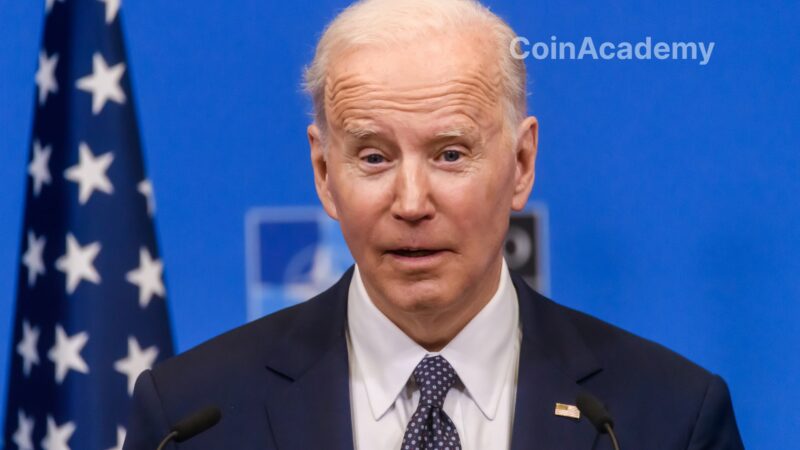Following the invasion of Ukraine, Russia quickly became the most sanctioned country in the world ahead of Iran, Syria and North Korea. In fact, according to Castellum.ai, a global sanctions tracking database, Russia has been subject to 2,778 new sanctions designations since the war began, bringing the total number of sanctions to over 5,530.
After Airbus, Volkswagen, BP, Shell, Nike, Disney, Airbnb and many others, it is now payment card providers that are suspending their operations in Russia. Visa, Mastercard and American Express have decided to stop their services abroad for cards issued in Russia while stopping their activities in Russia for cards issued in the rest of the world.
Many years after the last major conflicts in Europe, one point has not changed: the sinews of war remain money. In order to maintain itself despite the fall of the Russian ruble, Russia has several solutions, one of them being its gold reserves, valued at over 132 billion dollars.
American senators are reportedly working to prevent the liquidation of Russia’s gold reserves:
“Russia’s huge gold reserve is one of the few remaining assets Putin can use to keep his country’s economy from falling further. By sanctioning these reserves, we can further isolate Russia from the global economy and increase the difficulty of Putin’s increasingly expensive military campaign.”
Senator Angus King
In order to circumvent these sanctions, Russia could then turn to crypto currencies such as Bitcoin, which many European countries have been fearing for several days.
Yet, the Central Bank of Russia does not seem to want to change its mind about banning Bitcoin and crypto currencies on its soil.
In January, the Bank of Russia published a report titled “Crypto currencies: trends, risks, measures”, in which, it proposed to ban the issuance and circulation of crypto currencies in Russia, which it considers a threat.
Although the Russian government seemed to agree on regulation without a ban on crypto currencies in February, the Central Bank is not budging from this position, despite international sanctions.
At a roundtable discussion on the development of blockchain technologies and the regulation of digital financial assets, a question about the regulator’s position following the recent sanctions was answered as follows:
“The Central Bank currently supports the position that was previously announced and published on the official website. There is nothing to add today.”
Maria Telegina head of the expert group of the Department of Financial Technologies of the Central Bank of Russia
As the Russian people seem to be turning to cryptos and their stablecoins as a way to get away from the plummeting Ruble, Russia’s main monetary institution has a duty to protect its currency and simplified access to cryptos for its people could become synonymous with an accelerated collapse of the Ruble.
On Binance, the USDT/Russian Ruble exchange pair is already reaching record high volumes as the population seeks to save their savings at all costs.




